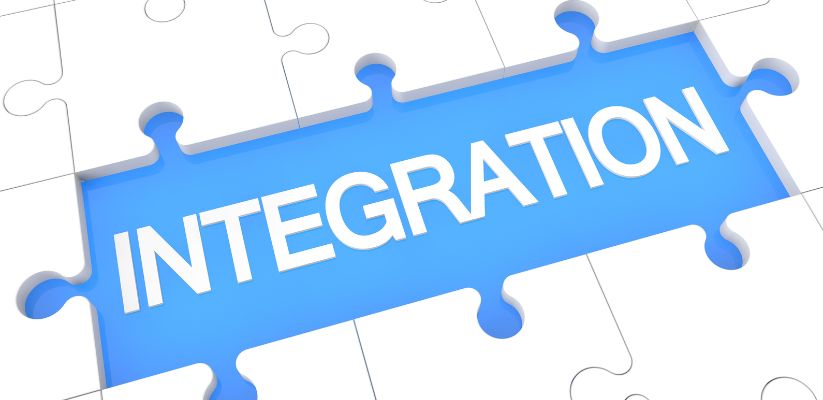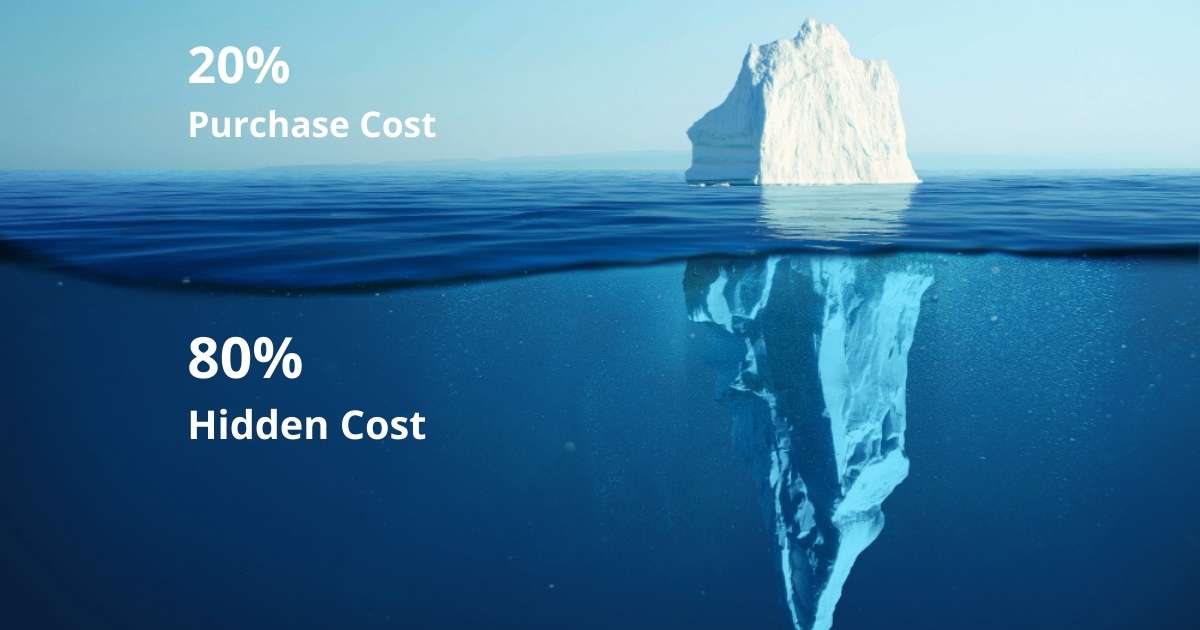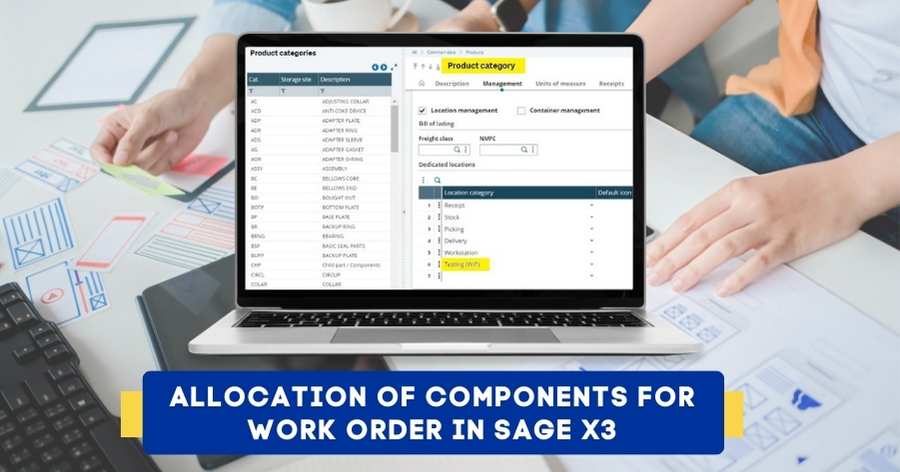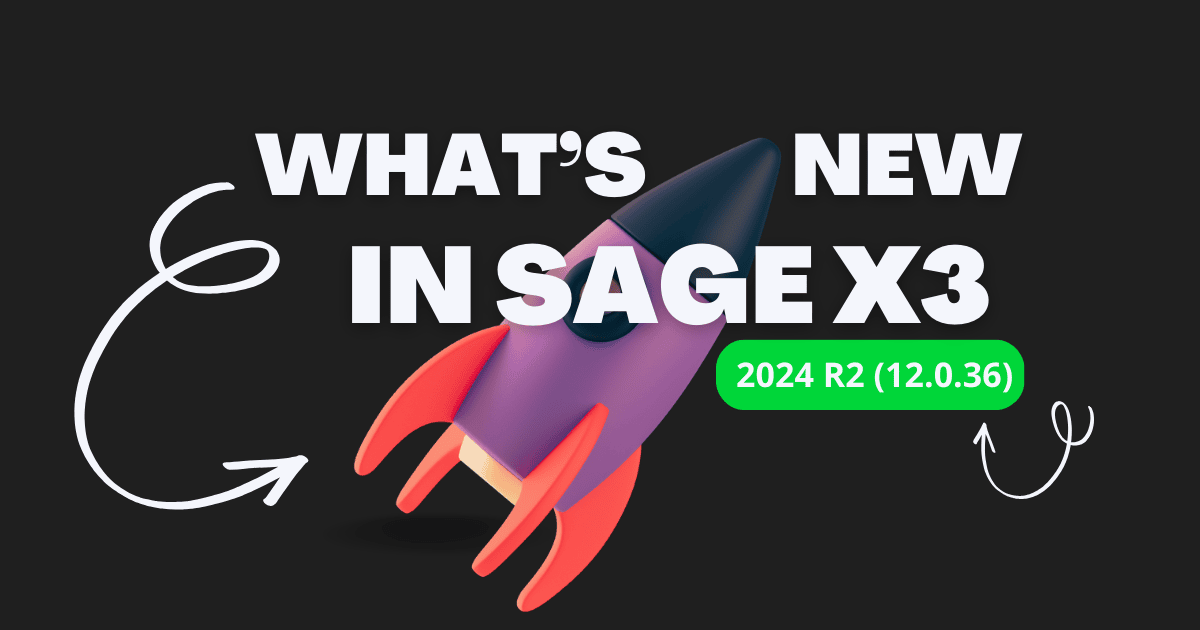HCM and ERP Integration is the most crucial part of growing a business. But for that, we must first understand what HCM is and how you can integrate it with ERP. Human capital management (HCM) helps influence the success graph of employees and hence the improvement of the business. HCM solutions ensure that companies allocate their human resources accurately and economically throughout the company. It also ensures that all the employees and staff have the proper training and skills to complete the business functions.
Companies use several systems to manage their human resource functions, including payroll, while offering considerable advantages to staff schedules. Some systems function separately, making it tougher to collect and analyze real-time business data in an insightful manner. However, running systems differently also leads to reduced efficiency and high expenses.
If your business has separate CRM, HCM and ERP systems with their databases, it will be tough to synchronize all data. On the other side, with the help of an integrated approach, you can easily share a single database and managing real-time data becomes very simple. If any update occurs at any one of the systems, then it will be visible from anywhere and anytime. Also, you don’t need to worry about when ERP and HCM data will reach system databases. This will help businesses perform challenging tasks faster and more accurately in HCM and ERP integration.
HCM and ERP Integration
To stay fully competitive in this world, businesses have recognized that lakh in making informed business decisions and a massive knowledge gap is leading. Hence the top company and information teams throughout different industries have started taking a step ahead to integrate the HCM system with their existing ERP software.
But enterprise resource planning systems assist businesses in managing their core activities. With the right ERP tool, various functions such as supply chain manufacturing, finance marketing procurement services, and much more can quickly be addressed to offer rate customer service. The best ERP software helps plan, manage and track business functions. We all know that HCM is essential to operate a business in today’s competitive world; hence, it makes excellent sense to integrate HCM features into ERP systems.
When these two systems are integrated, businesses can enjoy a wide range of benefits that can help them improve performance and become more successful.
Also Read: What are the Primary Business Benefits of an ERP System?
-
Streamlined processes and improved communication
A single platform to track all business functions remove all kinds of interruption and data sync requirements of multiple-form systems. It ensures consistent workflows in the business. For instance, when an employee creates or updates a particular sales record, it provides automated approval by taking all the required information in CRM, ERP, and HCM. It also considers different factors, including business unit employee cost approval limits, employee location, etc.
HCM and ERP integration brings quicker decision-making capabilities within the team, resulting in operational efficiencies, excellent customer satisfaction, and greater employee engagement.
-
Centralized Data Point
In HCM and ERP integration, whenever HCM and ERP data is stored on different databases, it creates many integration challenges, making maintaining all of the data very expensive. However, in the case of a unified platform like the integration of HCM with ERP, you can record a variety of data from different domains on a single centralized system. It includes standard data entry functions when the system records and holds every data securely, helping users get more accurate and real-time information from the single platform.
-
Greater visibility into data and analytics
With big data comes great responsibility. As businesses are collecting ever-growing amounts of data, it is becoming increasingly difficult to make sense of it all. This Data and analytics help businesses to make better decisions by providing insights into what is happening in the industry and what could happen in the future.
However, data and analytics are better than the data being used. This is why businesses need to have a data governance framework in place. An integrated HCM with ERP can offer you a better data governance framework that will ensure that the data has improved quality and is used in the most effective way possible.
Having a data governance framework also gives businesses greater visibility into their data and analytics. This makes identifying opportunities easier and making better decisions based on available insights.
Also Read : How can ERP and CRM Integration Improve Operational Performance for your Business?
-
Great adoption rates
If you want to deal with any technology, then you need training. If a business has separate HCM CRM and ERP software, employees should be willing to use all these three technologies simultaneously. This will not just be challenging but can also lead to poor adoption rates. But having an integrated system will reduce the need for training employees since they will be working with only one system having its features resulting in advanced adoption rates.
A Centralized business solution includes all the capabilities of the HCM and ERP that can automate and streamline business operations while bringing higher functionality and data accuracy.
-
Greater Security & Governance
It is a fact that a single platform can permanently affect the security factor. The single sign-on strategy in a homogenous atmosphere high-end data security to all business processes. It also offers secure single login access to all customers through an identity management system. But in the case of a heterogeneous work environment where HCM is completely working differently, then setting up all the security protocols is a very time-consuming exercise which finally requires a lot of patience. It takes more than the expected time duration to overcome the issues compared to the centralized solution.
When HCM and ERP integration is completed, it helps consistent and excellent governance throughout all business functions.
Final Thoughts
By integrating HCM and ERP systems, businesses can improve efficiency, communication, decision-making, and security. This can help companies to run more smoothly and become more successful. If these two systems are integrated, these technologies will incorporate different aspects of businesses to complete other tasks, including planning inventory management, human resources and more. It is the most innovative way for all medium-sized companies looking to optimize and leverage business data in every platform for increased utilization.
Sage Software Solutions is a leading IT company with an array of advanced ERP Software solutions. Our proprietary products — Sage X3 and Sage 300 will help you cut your operational expenses, improve business productivity, increase operational efficiency, forge robust customer relationships, and strengthen association with vendors, suppliers, and distributors. So, if you are looking to reinforce your business fundamentals and emerge as an industry leader, then please schedule a call with one of our sales representatives.





